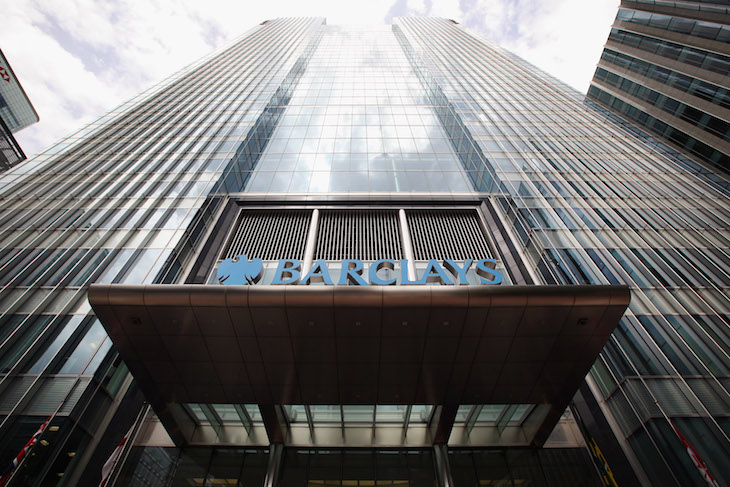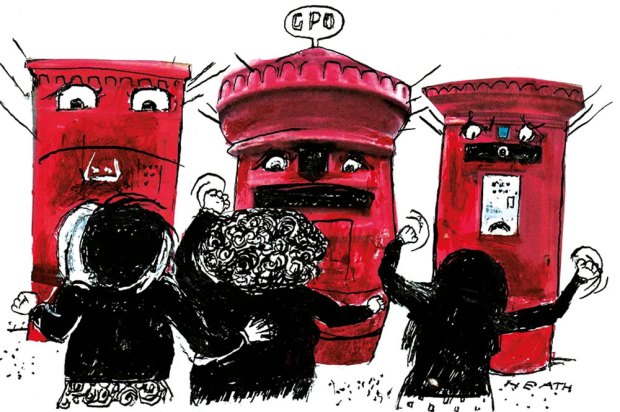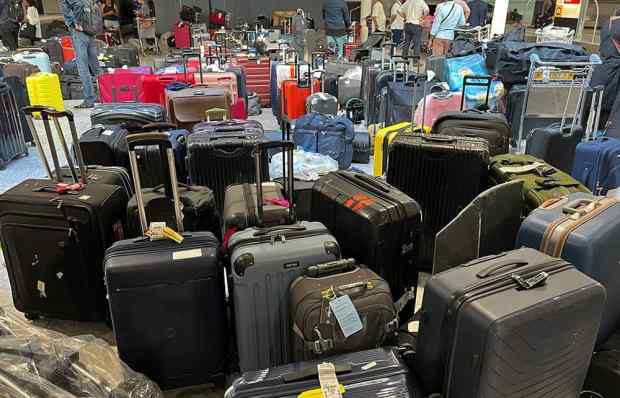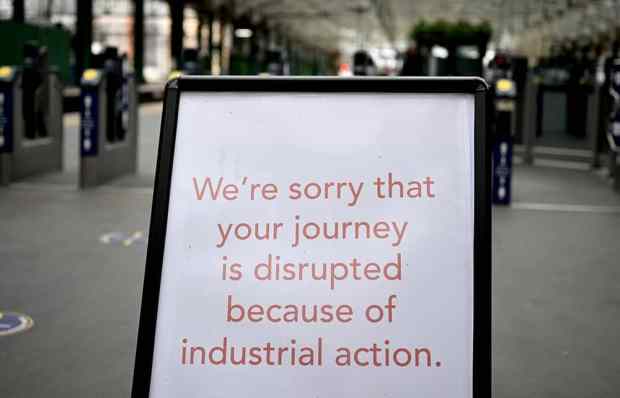The Serious Fraud Office has upped the stakes in the case of the controversial $3 billion Qatari financing that saved Barclays from a taxpayer bailout in 2008, by extending the charge of ‘unlawful financial assistance’ to the operating company, Barclays Bank plc, as well as the parent, Barclays plc. Four senior former Barclays employees, including the then chief executive John Varley, are already due to stand trial early next year on the same and other fraud-related charges. The significance of the SFO’s move is that Barclays Bank plc stands in danger of losing its licences to run banking businesses, including branch networks, in the UK and elsewhere if convicted of a serious criminal offence.
Experts say that’s an unlikely outcome, but the possibility brings more pressure on Barclays to settle for a ‘deferred prosecution agreement’ and a hefty fine, as Rolls-Royce did in relation to bribery allegations last year; but by implying an admission of guilt by the bank, that would complicate the position of the four executives, who are reportedly still determined to prove their innocence.
As this decade-old saga rumbles on, Barclays’s reputation remains unpurged. Its share price remains stuck at a quarter of its pre-crash level, and its annual results, due out next week and expected to look favourable in terms of the performance of the current management team, won’t make much difference to investor sentiment because the past still looms so large. All of which must increase the likelihood of Barclays being broken up, one day soon, into its constituent retail and investment banking arms — already in the process of separation by regulatory ‘ringfencing’ — and either or both coming under clean-sheet new ownership, perhaps finally to expunge the name and the historic eagle from the high street.
How sad that would be, at least for those like me with old connections to the bank. But then again, Barclays has long since ceased to be the Barclays we once knew and respected.
Keep Irish eyes smiling
I’ve just been back to Dublin, one of my favourite cities. It was a good week to visit a rugby-obsessed and generally upbeat Ireland — between Johnny Sexton’s clinching drop-goal against France and a commanding victory over Italy, combined with sunshine and news that the Irish economy grew 7.3 per cent in 2017 and is expected to grow another 4.4 per cent this year. Doubters sometimes call this ‘leprechaun economics’ — meaning that it’s an illusion created by the presence, in many cases for low tax reasons, of US and other multinationals. But even when that factor is stripped out, says the European Commission, domestic growth last year was still double the eurozone average at 4.9 per cent — with little or none of it based on the sort of debt-fuelled real-estate fever that eventually brought the Celtic Tiger to its knees last time around.
But there’s no reason why the multinational contribution should be stripped out, since it’s here to stay at least for as long as Brussels cannot enforce EU-wide harmonisation of corporate tax rates; even then, geography and language will continue to make Ireland the obvious destination for Americans in search of a European landing strip. In the digital sector there’s also a cluster effect — and a neat metaphor of the new Irish economic model in reports that Amazon is competing with Facebook to rent a vast office complex at Ballsbridge in Dublin that will shortly be vacated by Allied Irish Banks, which was nationalised and diminished after the 2008 financial crisis. Google is expanding here too, and a recruitment entrepreneur who bought me a Guinness told me he’s doing great business finding managers and staff for PayPal.
You might think, given these prospects, that there’s scant reason for the Irish to be almost as obsessed about Brexit as they are about rugby. Anger is palpable about the north-south border issue — the idea that it can be fudged, without need for customs posts, having been described last week as ‘a fairy tale’ from ‘another planet’ by an un-named but evidently well-placed EU source. More broadly, there’s a sense that the multifaceted upswing of Anglo-Irish political and trade relations, between the Good Friday Agreement in 1998 and the Queen’s visit in 2011, is being sacrificed in a farrago of British negotiating incompetence in which — as a senior Dublin official put it to me — ‘you’re gonna end up with no arse in your trousers anyway’. Let’s hope he’s wrong: that both nations flourish in their chosen destinies, in or out of the EU, and friendship prevails. But as the well-worn Irish joke says, if you want to get there, you wouldn’t start from here.
Thaw that leaves me cold
Fake news of the week, I suggest, was the sudden warming of relations on the Korean peninsula following the visit to the Winter Olympics of cute little Kim Yo-jong, sister of North Korea’s nuke-waving Kim Jong-un — not only attracting positive coverage for the games but driving a splinter between South Korea and the US and nudging Vice President Mike Pence towards a tentative offer of direct talks with the North. But is the thaw for real? As a long-time student of prospects for Korean unification, I suspect not.
The world’s media seem to have forgotten the last such rapprochement, in 2000, when the then northern leader Kim Jong-il (father of Yo-jong and Jong-un) hosted ‘peace talks’ in his capital Pyongyang with his southern counterpart Kim Dae-jung, who collected a Nobel Peace Prize as a result. Local media waxed lyrical about ‘a spark from heart to heart’ but it turned out the meeting had been fuelled by a $186 million bung to Kim Jong-il via South Korea’s Hyundai industrial group — whose chairman subsequently threw himself from a 12th-floor window while northern Kim refocused his energies on building a nuclear arsenal. Call me a cynic, but I wonder what price, in cash and designer skiwear, was extracted to keep these games safe.
Got something to add? Join the discussion and comment below.
Get 10 issues for just $10
Subscribe to The Spectator Australia today for the next 10 magazine issues, plus full online access, for just $10.
You might disagree with half of it, but you’ll enjoy reading all of it. Try your first month for free, then just $2 a week for the remainder of your first year.















Comments
Don't miss out
Join the conversation with other Spectator Australia readers. Subscribe to leave a comment.
SUBSCRIBEAlready a subscriber? Log in